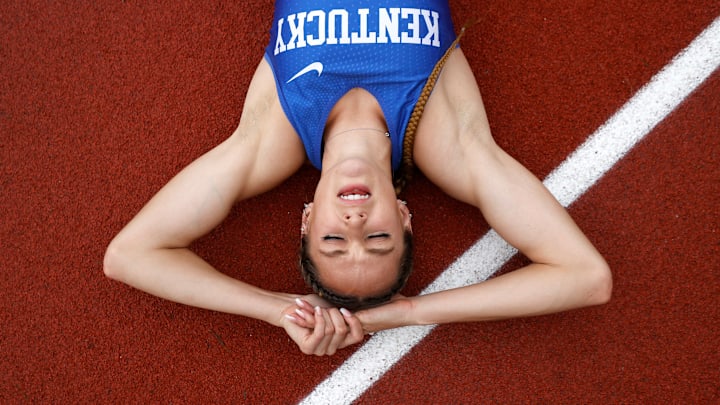Love it or hate it, college sports are now pro sports lite
In the days following the House v. NCAA settlement’s finalization, college sports fans flooded platforms like X with a mixture of celebration and concern. The $2.8 billion agreement, which authorizes direct athlete payments and reallocates TV revenue, has struck emotional chords across the spectrum.
College sports as we knew it growing up is officially over.
— Ronnie Flores (@RonMFlores) June 7, 2025
This day was inevitable a long time ago.
Lots of twist and turns + collateral damage.
Also a ton of lost opportunities for legit athletes with legit financial opportunities in the early 2010s back to the 1970s. pic.twitter.com/oTE0NezsZH
Supporters of revenue sports feel vindicated. “Finally, athletes get a piece of the pie they’ve been baking,” one fan wrote, referencing the long fight for compensation. Social media posts hailed the backpay component—$135,000 on average for Power Five football and basketball players—as “long overdue justice” for stars like Caleb Williams and Caitlin Clark, who elevated their sports without sharing in the profits (X, 2025).
But many fans worry the soul of college sports is being lost. “My 2 Cents: NIL is going to destroy Collegiate Sports. At all levels. Not an original take, but Absolute Truth nonetheless.” one user said, criticizing how college sports are now pro sports lite. The move to roster limits instead of scholarship caps has drawn ire from followers of gymnastics, track, and swimming, who fear cuts. “All non-revenue college sports teams will soon become college club sports teams.” read another post, underscoring the perceived inequity and what may become the end of non-revenue sports.
Even a school as big as Alabama has seen our tennis teams’ priority go from winning to staying on budget within the last few years. I’m afraid this is the beginning of the end of non-revenue generating sports in college athletics! Sad day for tennis and many other sports!
— Drake Woodard (@DrakeWoodard5) June 7, 2025
Smaller programs and mid-major fans are equally anxious. With conferences like the Big East who don't have big time football programs, their basketball programs will get flooded with more money. But some schools may be forced to slash athletic budgets. And some bigger schools may just choose to skip investments in any olympic sport.

Think about Abby Steiner, Masai Russell, Sydney McLaughlin-Levrone, or Alexis Holmes who won gold medals in the Olympics. Without colleges will they still develop at the same rate or get the same benefits? Who fills that void and does that mean they will skip college all together? Those and many other questions linger.
Even though the biggest settlement is now done, fans know this is just the beginning of a long and drawn out battle that will be fought not on the courts and fields of sport but the courts of the legal room.
What’s clear is that this moment has struck a nerve. Whether it’s nostalgia for amateurism or support for athlete empowerment, fans are deeply invested in what college sports becomes next. And their voices, echoing across timelines and tailgates, reflect the crossroads at which the NCAA now stands.
